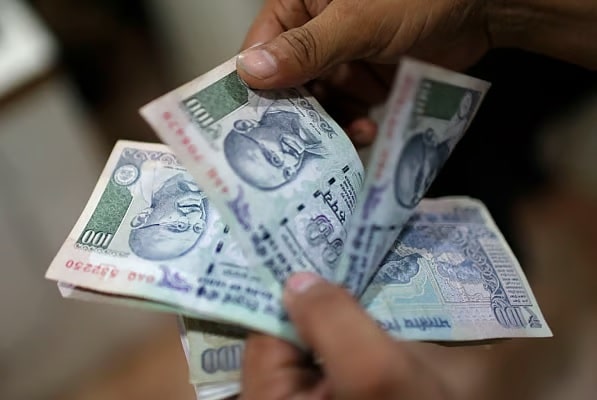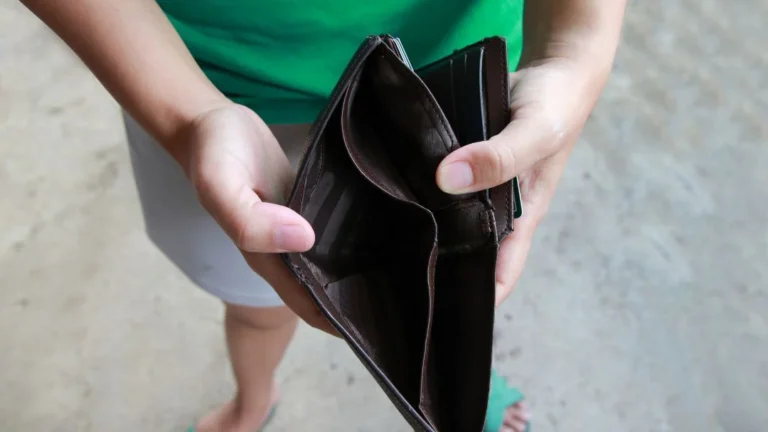New Rupee Trade Settlement Rule Set to Boost UAE–India Trade
A major policy change by the Reserve Bank of India (RBI) is being hailed as a turning point in UAE–India economic relations. Business leaders and trade experts predict the move will help non-oil trade between the two countries surpass $100 billion well before 2030 — a target once thought to be years away.
The reform is expected to benefit not just large corporations but also small and medium-sized enterprises (SMEs), making cross-border transactions faster, cheaper, and more efficient.
What Has Changed in India’s Trade Settlement Rules
On August 5, 2025, the RBI announced that Indian Category-I Authorised Dealer (AD) banks can now open Special Rupee Vostro Accounts (SRVAs) for foreign banks they already have correspondent relationships with — without the need for prior RBI approval.
What is a Special Rupee Vostro Account (SRVA)?
An SRVA is a dedicated account that allows foreign banks to hold Indian rupees and settle payments for trade with India. Until now, prior RBI approval was mandatory, creating delays and extra costs for businesses.
By removing this requirement, the RBI has cleared a major hurdle to local currency settlement, making bilateral trade more seamless.
Impact on UAE–India Trade
For UAE-based Indian businesses, the new rule means faster transactions, reduced banking costs, and a stronger trade corridor between the two countries.
- Mohamed Haris, Chairman of Alhind Group, called it a positive step that will “ease and speed up transactions between India and the UAE.”
- Rohit Bachani, Co-founder & CEO of Merlin Group, said it would enhance efficiency and resilience in cross-border trade.
- Rayad Kamal Ayub, MD of Rayad Group, believes the change will give Indian exporters a stronger competitive edge in UAE and global markets.
- John Thomas of JV Thomson Chartered Accountants suggested that Indian companies facing high US tariffs could move manufacturing to the UAE, which offers a strategic location and favourable re-export tariffs.
Historic Ties and Business Opportunities
A senior UAE trade official highlighted the deep historical bonds between the two nations, noting that the Indian rupee was once widely used in the Emirates. He described the reform as a continuation of that partnership, making transactions easier and expanding opportunities for both economies.
The UAE is already home to over 75,000 Indian companies registered with the Dubai Chamber of Commerce, and that number is set to rise as more firms leverage rupee settlement, CEPA benefits, and lower tariff exposure.
CEPA and Duty-Free Advantage
The Comprehensive Economic Partnership Agreement (CEPA) signed in 2022 has already boosted non-oil trade to $65 billion in 2024 by reducing tariffs on most goods. Many Indian products now enter the UAE duty-free, and re-exports via UAE free zones can bypass duties altogether.
The Road Ahead for UAE–India Trade
Experts say integrating payment systems, card networks, and payment messaging between the two countries will be key to maximising the benefits of the RBI’s decision.
Gagan Mehrotra, Portfolio Manager at Cocogem Fund, called it a “visionary move” that will allow even small Indian exporters to bill in rupees without complex foreign exchange contracts.
With the UAE already India’s third-largest trading partner and bilateral trade valued at $83.6 billion in 2023–24, the new rupee settlement rule is set to further strengthen one of the most important trade relationships in the region.






